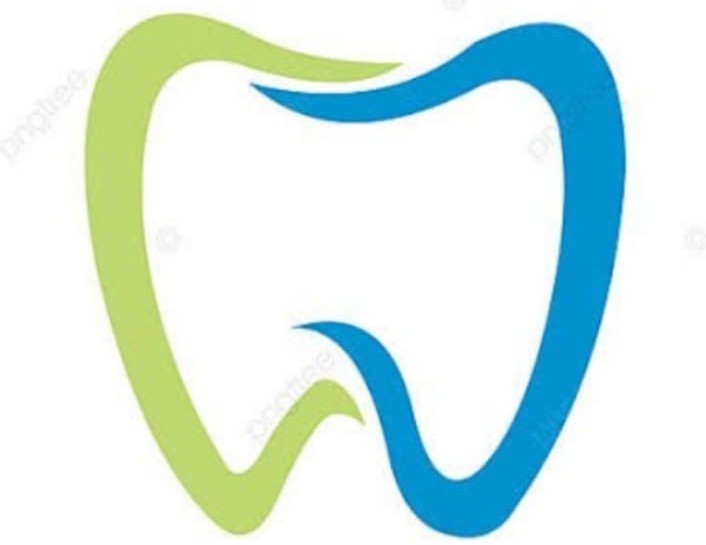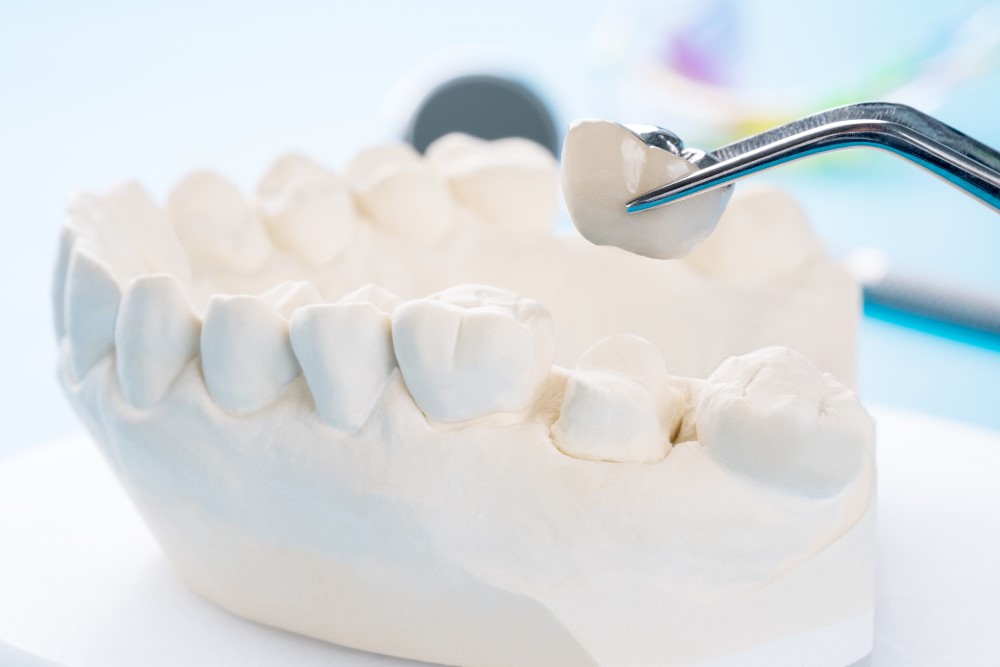Dental health plays a pivotal role in our overall well-being. For those new to dental care options, understanding the benefits of dental crowns is crucial. This guide will introduce you to the world of dental crowns, aiming to dispel myths while highlighting their advantages. Embracing dental crowns can greatly enhance your oral health and your smile. Our goal is to provide you with accurate information so you can make informed choices about your dental care options.
Discovering the Types and Benefits of Dental Crowns
Dental crowns come in various types, each suited for different needs and preferences. Let’s explore these types of dental crowns available:
- Metal Crowns: Made from durable metals, ideal for molars.
- Porcelain Crowns: Blends well with natural teeth, offering a pleasing look.
- Ceramic Crowns: Provides a natural appearance like porcelain but with more strength.
- Zirconia Crowns: Known for strength and longevity, great for aesthetics and durability.
Each type offers unique dental crown benefits vs veneers. Metal crowns win in durability but might not look as natural. Porcelain and ceramic have excellent aesthetic qualities, making them popular for front teeth. Zirconia strikes a balance by offering both beauty and strength.
Your lifestyle choices also affect dental crown durability and lifespan. Eating hard foods can wear down crowns faster. Limiting sugary snacks and maintaining good oral hygiene prolongs a crown’s life. Keep this in mind to enjoy the full long-term benefits of dental crowns.
Understanding the Dental Crown Procedure and Maintenance
Wondering how the dental crown process works? Here’s a simple breakdown of the dental crown procedure steps to make it clearer:
- Preparation: The dentist numbs the area to shape the tooth, prepping it for a crown.
- Impression: A mold or digital scan records the tooth shape to design your custom crown.
- Temporary Fitting: A temporary crown is placed until your permanent one is ready.
- Final Placement: At the next visit, the permanent crown is cemented in place.
During this process, you might feel slight pressure but not pain. After placement, it’s normal to experience some sensitivity as your mouth adjusts. Here are some tips to handle the recovery stage:
- Avoid sticky or hard foods that might dislodge the temporary crown.
- Brush gently around the crown area to avoid irritation.
- Use sensitivity toothpaste if you feel discomfort.
Maintaining dental crowns for cosmetic purposes requires regular dental check-ups and good oral hygiene. This means brushing twice daily and flossing to keep the crown and surrounding teeth clean. Advances in dental technology now make getting crowns more comfortable than ever. New procedures minimize discomfort and improve precision, which enhances the experience and outcome.
Making Informed Decisions: Pros, Cons, and Professional Recommendations
Before deciding on crowns, it’s vital to weigh the pros and cons of dental crowns. Here’s what you need to know:
Pros: – Enhance appearance: Particularly noticeable with porcelain and ceramic options. – Boost Confidence: Achieves a natural-looking smile. – Protection: Shields fragile teeth from further damage.
Cons: – Costly: Can be expensive depending on material chosen. – Replacement: Crowns may need replacing over time.
Understanding these aspects empowers better decisions, dispelling misconceptions around dental crowns. Some may fear they cause unnecessary damage; however, they aim to preserve and protect the tooth.
Lastly, consult a dentist to explore if crowns fit your specific needs. Every situation is unique, and professional advice ensures the best outcome. Remember, the long-term benefits of dental crowns significantly boost oral health, making them a worthwhile investment.
Conclusion
In essence, the benefits of dental crowns are extensive, covering cosmetic improvements and protective measures for oral health. This guide has walked you through the types of dental crowns available, the dental crown procedure steps, and how to weigh their advantages over alternatives like veneers. By maintaining dental crowns for cosmetic purposes and following proper care routines, you can maximize their durability and life span. Taking these insights to heart can lead to a healthier, more confident smile.

